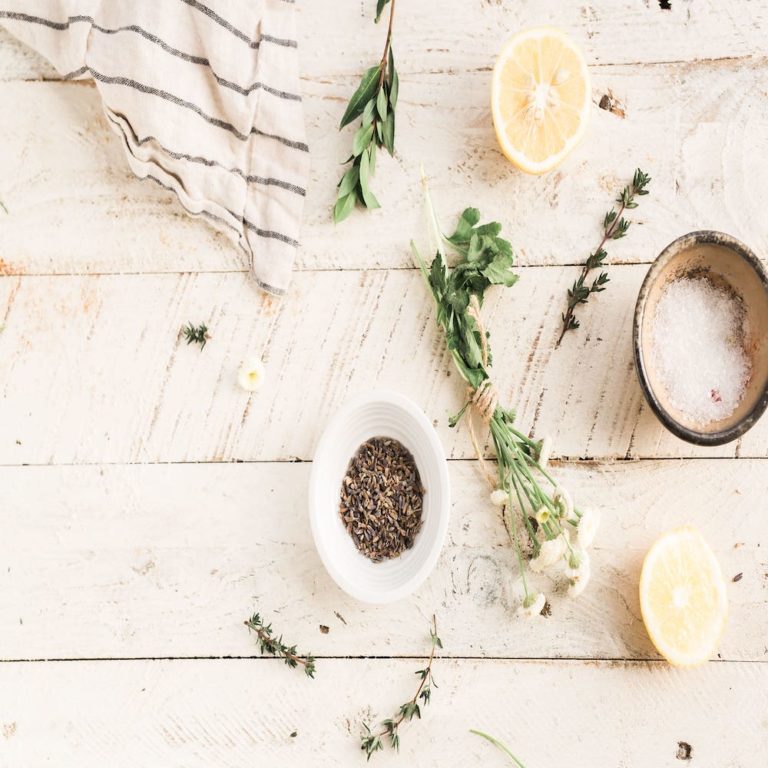FREE SAME DAY SHIPPING ON ALL ORDERS BEFORE 4PM EDT
“Inflammation” has been thrown around in recent years as a buzzword and, most times, used incorrectly and out of context. In this post, I want to highlight the importance of inflammation and why we must combat it.
What is Inflammation?
Inflammation is your immune system’s immediate method of fighting off pathogens or foreign materials such as bacteria or viruses, which cause infections. Injuries also elicit inflammation to promote tissue healing. Inflammation is crucial in vasodilation (widening your blood vessels), which recruits immune agents (such as white blood cells) to the affected area. The inflammatory response, thus, is a healing mechanism, but if prolonged and unchecked, can lead to disease and tissue damage.
There are two types of inflammation:
- Acute inflammation happens as soon as your innate immune system finds a pathogen or an injury (such as a cut). Signs of acute inflammation are swelling, pain, tenderness, heat, and flushed skin. While this type of inflammation may be helpful, if it is not regulated it leads to the next category.
- Chronic inflammation is an example of adaptive immunity, which causes low-grade, prolonged inflammation. This type of inflammation can free radical tissue damage and chronic pain. Signs of chronic inflammation are skin rashes, joint pain, abdominal pain, and chest pain.
To combat inflammation, we need anti-inflammatory agents and antioxidants (which reverse the damaging effects of free radicals) that we can easily obtain from our tea and food. Most, if not all, of the teas the DTC offers have anti-inflammatory properties to promote tissue healing.
Teas that combat inflammation:
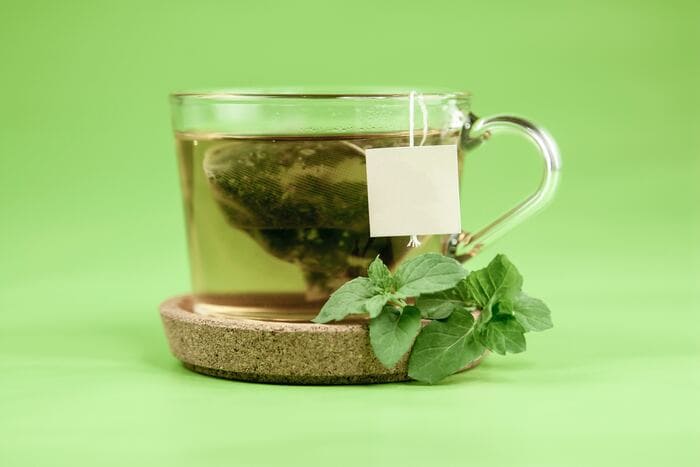
- Green Tea
Green tea is rich with polyphenols, which have anti-inflammatory properties that can help relieve some of the flare-ups from inflammatory bowel disease (IBD) and other chronic inflammatory diseases such as heart disease.
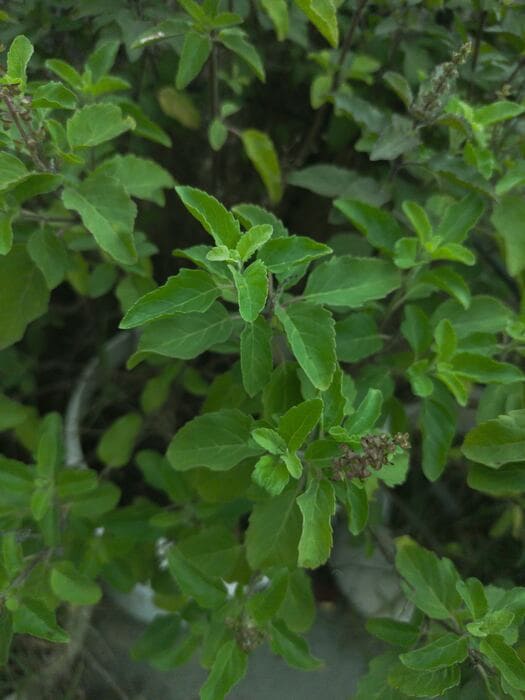
- Tulsi or Holy basil
Tulsi is a highly beneficial plant, which has been used for thousands of years by Ayurvedic doctors, and has been observed to fight environmental and metabolic stress, one of the causes of chronic inflammation. Tulsi has anti-inflammatory properties that may reduce blood sugar, cholesterol, and blood pressure levels, as well as alleviate rheumatoid arthritis.
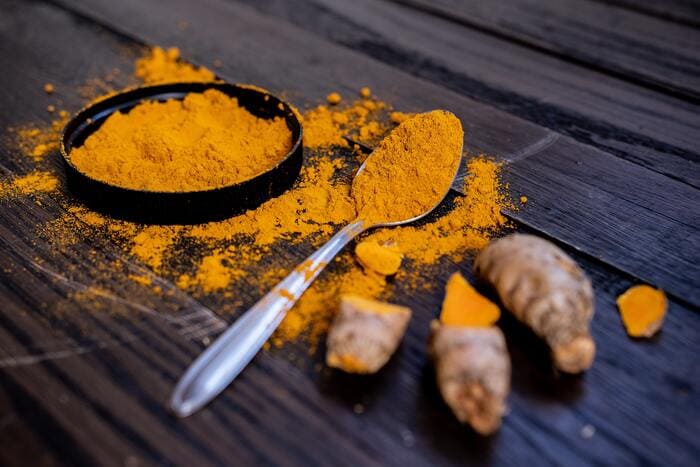
- Turmeric
Turmeric’s active ingredient, curcumin, reduces inflammation and pain by interrupting inflammatory pathways. Turmeric has been observed to improve certain chronic inflammatory illnesses like rheumatoid arthritis, IBD, and heart disease. Try adding a pinch of black pepper to your tea to enhance the effects of turmeric.
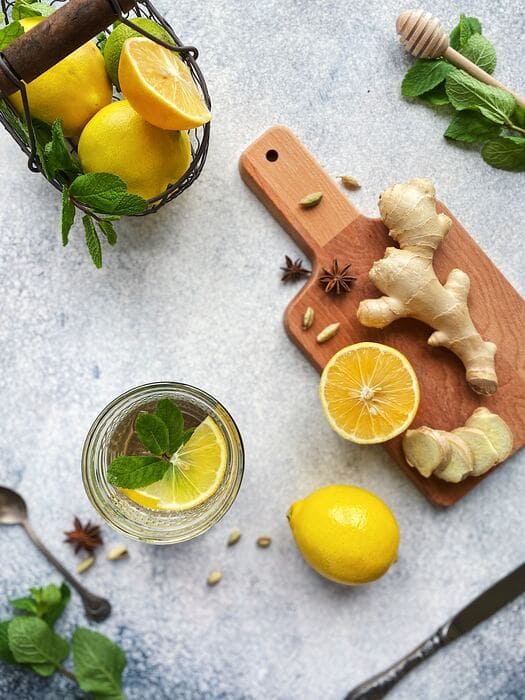
- Ginger
Ginger boasts over 50 antioxidant compounds that minimize the production of cytokines, which signal the production of inflammatory agents. Ginger can reduce blood sugar, cholesterol, and inflammatory blood markers (for people with osteoporosis).
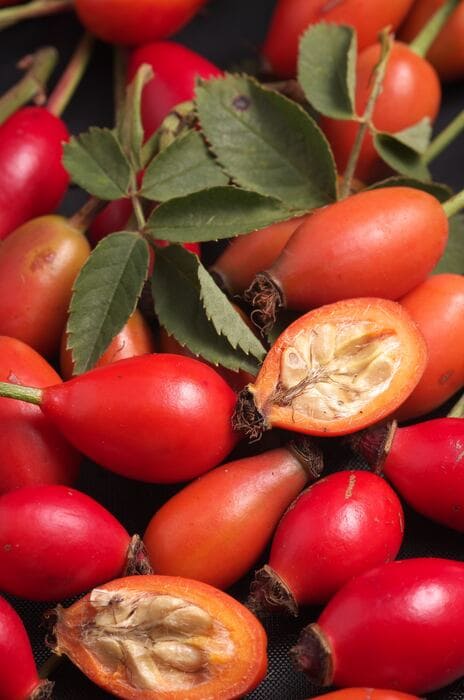
- Rose hip (Rosa canina)
Rose hips are rich in vitamins C and E (antioxidants) that protect your cells from oxidative damage and reduce pain associated with rheumatoid arthritis. Rose hips also contain healthy fats that inhibit proinflammatory enzymes that signal inflammation.
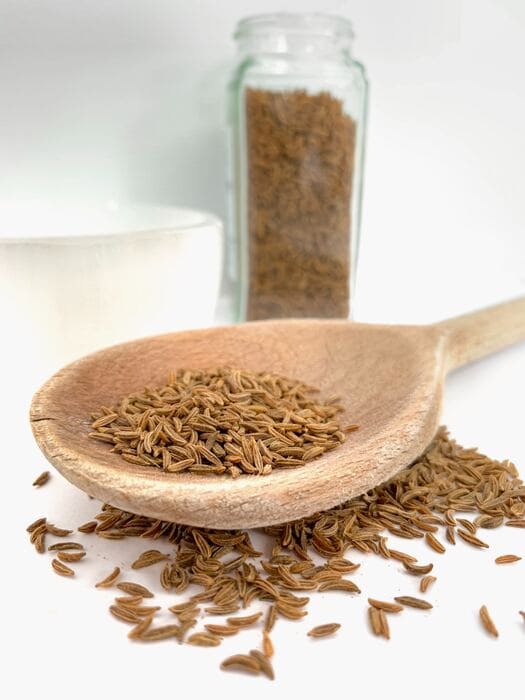
- Fennel (Foeniculum vulgare Mill)
Fennel contains phenolic compounds which may significantly reduce pain, especially related to menstruation,
Summary: It’s important to decrease inflammation in the body as a precautionary measure to avoid disease, or to reduce the impact of a current illness. Low levels of inflammation ensure our bodies will work as efficiently as possible, promoting our best health.
In light,
Akash


